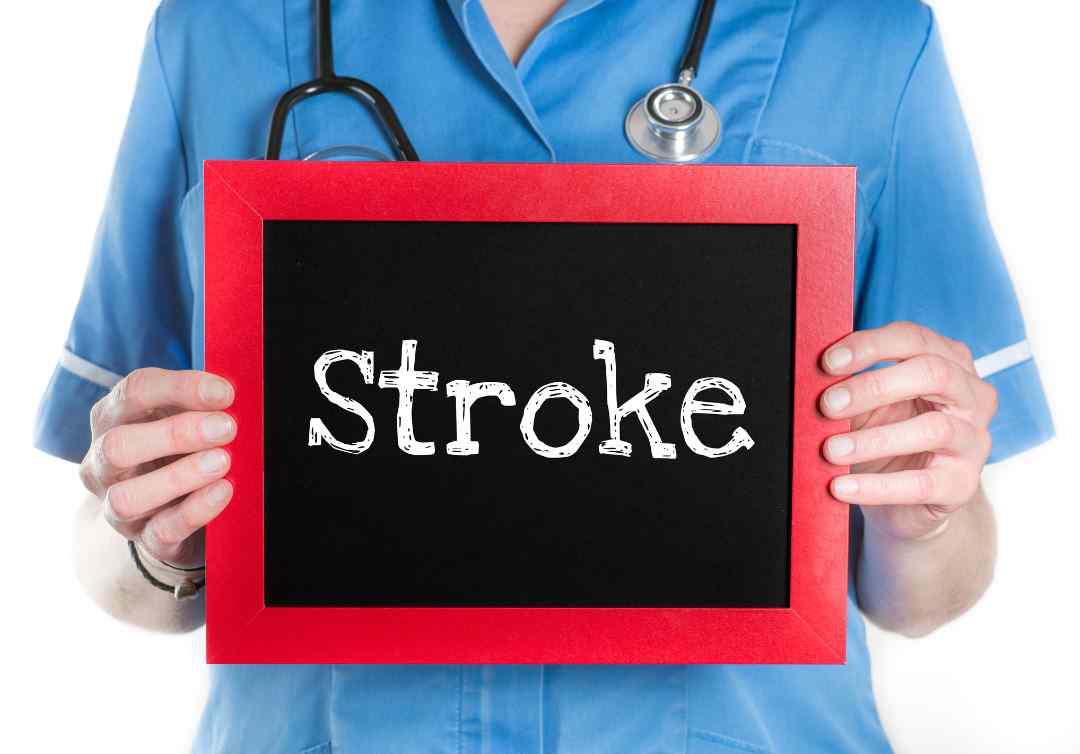National Stroke Week is a crucial time to raise awareness about this potentially devastating condition. Knowing the signs of a stroke and acting quickly can save a life!
What is a Stroke?
A stroke occurs when the blood supply to your brain is interrupted or reduced, preventing brain tissue from getting oxygen and nutrients. This can cause brain cells to die.
Recognising the Signs: Think F.A.S.T.
A simple way to remember the common signs of a stroke is by using the acronym F.A.S.T.:
Face: Ask the person to smile. Does one side of their face droop?
Arms: Ask the person to raise both arms. Does one arm drift downward?
Speech: Ask the person to repeat a simple sentence. Is their speech slurred or difficult to understand?
Time: Time is critical. If you observe any of these signs, call triple zero (000) immediately and ask for an ambulance.
Other Possible Signs of Stroke
While F.A.S.T. is a helpful tool, it’s important to be aware of other potential stroke symptoms, including:
- Sudden numbness or weakness of the face, arm, or leg, especially on one side of the body
- Sudden confusion, trouble speaking or understanding
- Sudden trouble seeing in one or both eyes
- Sudden dizziness, loss of balance, or coordination
- Sudden severe headache with no known cause
Why is Time Critical?
Every minute counts when it comes to stroke. Brain cells begin to die within minutes of a stroke. Quick medical attention can help limit brain damage.
What to Do If You Suspect a Stroke
If you suspect someone is having a stroke, follow these steps:
- Call triple zero (000) immediately
- Describe the symptoms clearly to the operator
- Stay with the person until help arrives
Remember, acting quickly is crucial. Don’t hesitate to call for help if you suspect a stroke.
Prevention is Key
While it’s essential to know the signs of a stroke, prevention is also vital. Factors such as high blood pressure, heart disease, diabetes, smoking, and obesity increase risk. Adopting a healthy lifestyle, including regular exercise, a balanced diet, and avoiding smoking, can significantly reduce the risk of stroke.
By understanding the signs of a stroke and acting promptly, you can help save lives. Share this information with your friends and family, and together we can make a difference.
Visit the Stroke Foundation website for more information.




